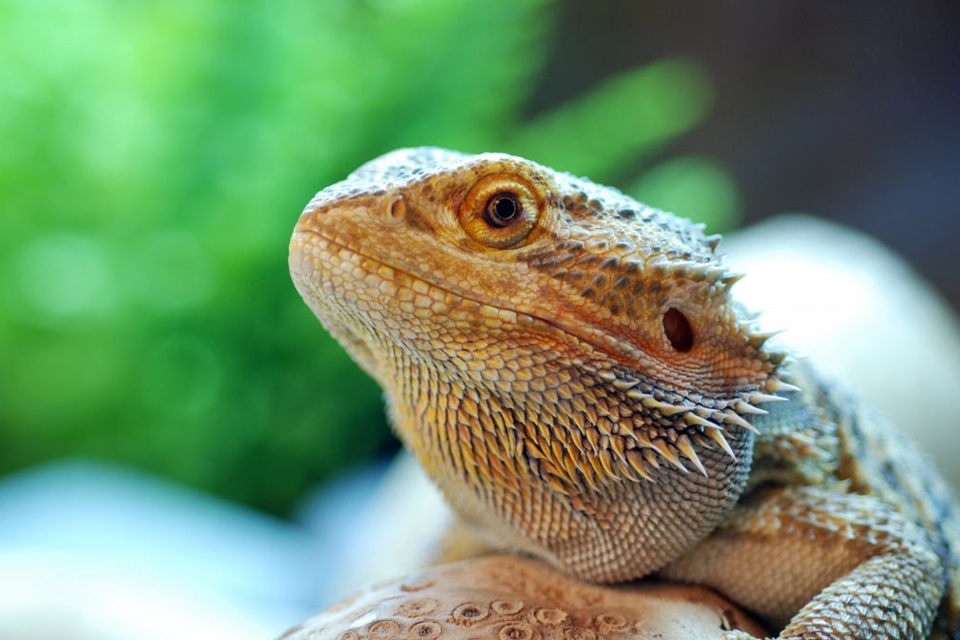Providing appropriate live food is crucial for the health and development of pet reptile hatchlings. However, selecting the right live food involves considering various factors beyond mere availability. This article serves as a guide, highlighting critical aspects to consider when purchasing live food like dubia roaches for nurturing the early stages of pet reptiles.
Table of Contents
Nutritional Content
Live food should offer a balanced nutritional profile suitable for the specific dietary needs of hatchling reptiles. It’s essential to evaluate the live food’s protein, fat, calcium, and vitamin content to ensure it aligns with the reptile’s growth requirements. Opt for live food rich in nutrients, which is crucial for the young reptile’s development.
Size & Appropriateness
Selecting live food proportionate to the hatchling reptile’s size is crucial to prevent potential hazards like choking or injury and facilitate effortless consumption. This size adequacy ensures that the prey is easily manageable and digestible, promoting safe feeding habits and minimizing any potential complications during feeding sessions. By prioritizing appropriately sized live food, reptile caretakers actively contribute to the hatchling’s overall safety and well-being, establishing a nurturing feeding environment conducive to healthy growth and development.
Health & Quality
Prioritize the health and quality of live food. Avoid sourcing from places that may harbor parasites or diseases. Opt for reputable suppliers to ensure the live food is healthy, disease-free, and raised in sanitary conditions, safeguarding the hatchling reptile from potential health issues.
Gut Loading & Supplementation
Live food that has been adequately gut-loaded with nutritious diets provides enhanced nutritional value to hatchling reptiles. Additionally, consider supplementing the live food with essential vitamins and minerals before feeding to ensure a well-rounded diet for the young reptiles, contributing to their overall health and growth.
Life Stage Of The Live Food
When purchasing live food for hatchling reptiles, it’s imperative to consider the developmental stage of both the reptile and the prey. Younger reptiles often require softer-bodied live food like dubia roaches, aiding in easier digestion and assimilation of nutrients. On the other hand, as hatchlings mature, they may benefit from prey with more substantial exoskeletons or sizes, aligning with their increased feeding capabilities. By aligning the live food with the hatchling reptile’s specific developmental stage, caretakers ensure a more tailored and optimized diet, enhancing both nutritional intake and digestive processes crucial for the reptile’s growth and well-being. This thoughtful consideration in prey selection supports the hatchling’s changing dietary needs as they progress through different growth phases.
Feeding Responses & Preferences
Closely monitoring the hatchling reptile’s feeding behaviors and preferences plays a pivotal role in tailoring the selection of live food. Some reptiles may exhibit distinct preferences or display heightened feeding responses to particular prey items over others. This observation allows caretakers to fine-tune the reptile’s diet, ensuring it comprises live food that the hatchling is more likely to consume readily. By understanding and accommodating their preferences, caretakers enhance the reptile’s feeding experiences, minimizing potential feeding-related stress and promoting a more varied and balanced diet essential for their overall health and well-being.
Conclusion
When purchasing live food for pet reptile hatchlings, careful consideration of nutritional content, size appropriateness, quality, gut loading, life stage of the prey, and the reptile’s feeding preferences are critical. Collectively, these aspects foster optimal health, growth, and overall well-being in the hatchling reptile. By being attentive to these vital elements, reptile parents ensure a thriving environment for their young reptilian companions, setting the stage for healthy development and longevity.



